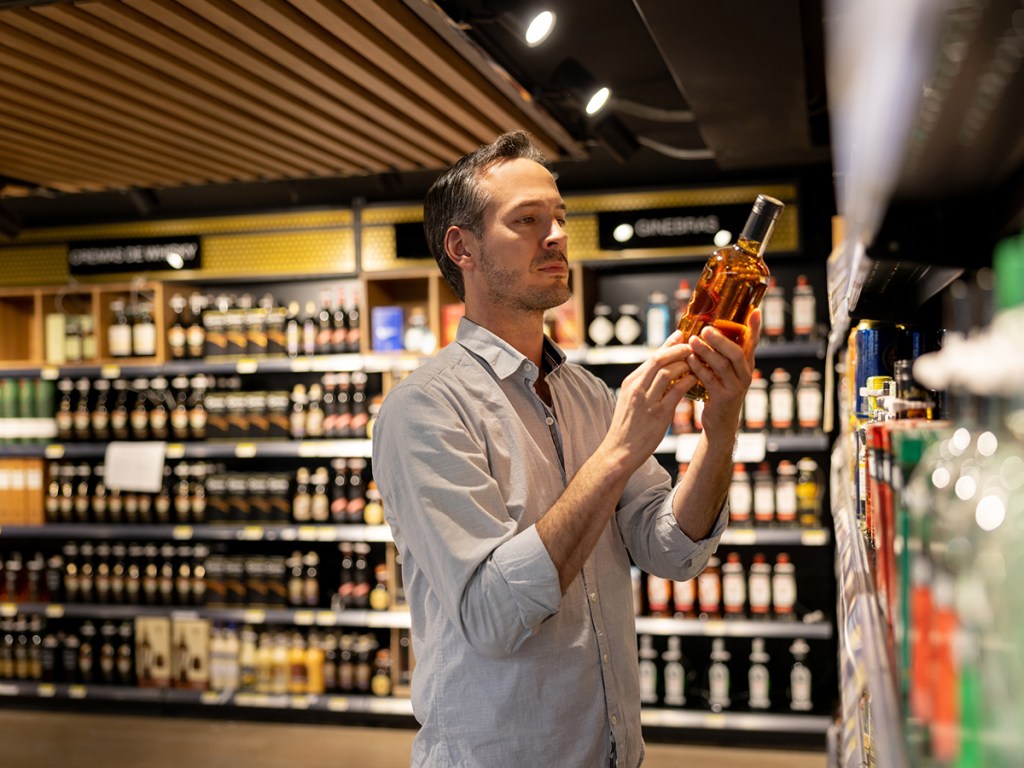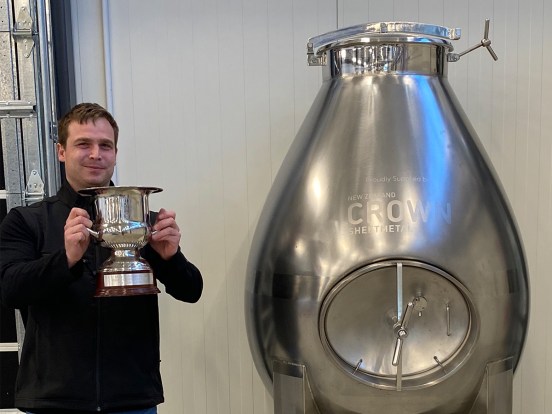NZ Alcohol Beverages Council (NZABC) has responded to the NZ Police alcohol harm prevention action plan 2025 shared by Inspector Ian Paulin at the Hospitality NZ conference last week.
Inspector Paulin spoke about the role of ‘off-licence’ sales in contributing to alcohol harm and the need for a targeted alcohol strategy.
“The Inspector spoke about alcohol harm in the home but did not provide any evidence to support his statements,” says NZ Alcohol Beverages Council Executive Director Virginia Nicholls.
“The NZABC would argue that the areas that the Inspector is advocating for change are not the key drivers of behaviour change.”
The Inspector shared the four strategies that related to the beer, wine and spirits industry in the NZ Police alcohol harm prevention action plan 2025.
a) Hours: reduce off-licence hours from between 9am – 9pm (now 7am – 11pm in most regions) and on-licence hours from 8am – 2am (now 8am to 4am).
NZABC reponse: There is no evidence to suggest that reducing opening hours is going to reduce alcohol harm. All this does is to inconvenience customers who want to shop when it suits them and will unnecessarily impact businesses.
“Customers shopping before 9am won’t be able to pick up a bottle of wine or beer at the same time and this will cause frustration for people. What’s more we are not aware of any evidence this change will reduce alcohol harm,” says Nicholls.
“Instead of just cutting store hours or closing locations, the real focus should be on what actually makes a difference – having great operators who are backed by solid policies and strong ties to the community.”
b) Single sales: no single serve sales to be less than $6 (amount to be revised for inflation at renewal).
NZABC response: The Inspector is advocating for a minimum unit pricing (MUP) in this case no single beer, wine or spirits will be able to be sold for less than $6. All this does is to increase the price for consumers.
Earlier this year the Australia Northern Territory Parliament has voted to abolish the territory’s controversial MUP as the floor price did not appear to have any major effect.
The previous Northern Territory Government’s own review of the MUP noted that a reduction in alcohol-related harms was attributable to other policy measures introduced at the same time as the floor price, such as the introduction of Police Auxiliary Liquor Inspectors.
c) Remote sales: anyone facilitating the sale of alcohol to be licensed. Licensees to be liable for third party deliverers. Prohibit the rapid delivery of alcohol.
NZABC response: We support a strengthening of the rules for alcohol home delivery. We support the same licensing requirements that apply to alcohol sale and supply in-store should apply to online purchase and delivery.
d) Density: prevent increasing the density of off-licence premises, particularly in areas of high deprivation index scores and within Maori communities. Prevent off-licences from existing near sensitive sites, such as schools and marae.
NZABC response: There is a misconception that deprived areas are over-represented by licensed premises and, by implication, are drinking far more than elsewhere which is misleading.
In March 2024, the University of Auckland published their wastewater analysis of alcohol consumption and found that the highest consumption recorded was in Queenstown. South Aucklanders drank the least of any place studied.
Preventing off-licences from existing near ‘sensitive sites’ would mean that any alcohol retail store that may have been operating responsibly in a location for decades will be forced to close because a ‘sensitive site’ decides to locate close by.
Since 2010 the number of on and off-licences nationwide have declined by more than 13%.
“The vast majority of licensees both on- and off-premise are very responsible and we should be focused on targeting those who are not, instead of spending time and money concentrating on small pedantic changes to license conditions,” says Nicholls
It was disappointing when the Inspector did not acknowledge that in New Zealand we are drinking less and drinking better with the move to moderation as part of a balanced lifestyle.
The annual NZ Health survey provides information on New Zealander’s health and wellbeing shows that 83.4% of NZ adults (five out of six of us) are drinking beer, wine and spirits responsibly. This is an increase of 4.7 percentage points over the past four years (78.7% 2019/20).
Hazardous drinking or harmful alcohol consumption among adults over the past four years has declined to 16.6% (21.3% 2019/20).
We need to do everything we can to increase responsible drinkers, reduce hazardous drinkers and support responsible licence-holders to stay in business, says NZABC.
How to catch up with The Shout NZ…
Online, updated daily with its own unique content and breaking news.
Our weekly newsletter – free to your inbox! Subscribe here.
We are also on Facebook and Instagram!




